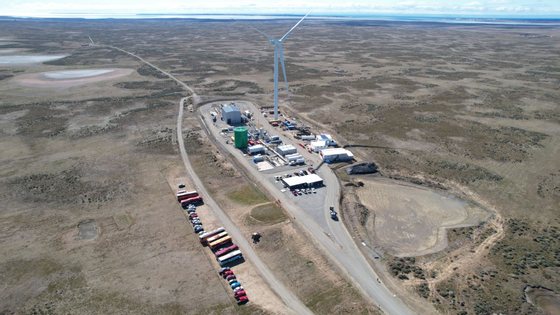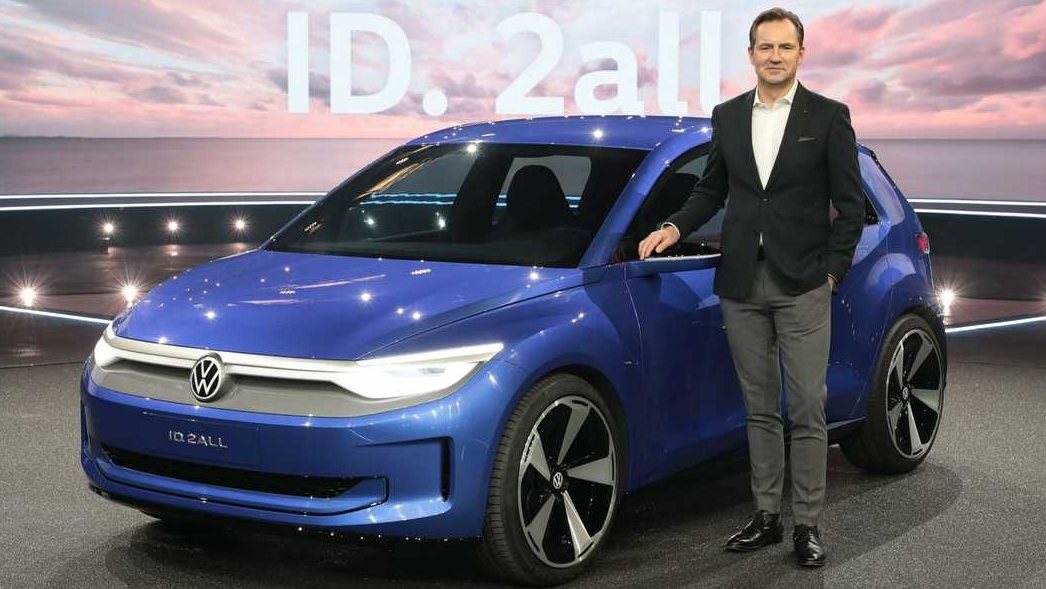The European Union was forced to give in to pressure from the German government and opened the door to synthetic fuels (e-fuels), accepting them as neutral fuels in terms of carbon emissions, despite the fact that they also emit nitrogen oxides (NOx), which are not only carcinogenic, but also constitute one of the sources of acid rain. But the German pressure, which is becoming increasingly clear to come from Porsche and the VW Group it now controls, was too strong. However, the issue is far from being agreed upon, as evidenced by the fact that Porsche praises the decision, while the brands that register the most volume within the German group, such as Volkswagen and Audi, prefer to maintain the previous path and continue betting. all in battery electric vehicles.
One of the most recent examples comes from Volkswagen CEO Thomas Schäfer, who in a conversation with Automotive News Europe defended that the authorization to continue marketing vehicles with combustion engines using synthetic gasoline from 2035 “caused unnecessary noise”since, remember this person in charge, the era of combustion engines “will end in any case by the middle of the next decade.”
Tiguan, Passat and T-Roc will be the last combustion VWs
On the future of Volkswagen, Schäfer assured that nothing has changed in the brand strategythat it still expects to reach 80% of sales with electric vehicles in 2030. The CEO also assured that VW will only produce models with electric motors for the European market from 2033. Schäfer questions the “why” of “investing a fortune in old technology”, in reference to combustion engines e-fuels“when it really does not bring any benefit.” It should be remembered that the CEO of Volkswagen revealed in a recent interview with the German publication Automobilwoche that the last Volkswagens with a combustion engine to be introduced to the market will be the renewed Passat and Tiguan, which will be presented in 2023, as well as the next T -Roc, to be produced in Palmela from 2025.

factory e-fuels that Porsche manufactured in Chile, fuel that will be exported to Europe with the corresponding polluting emissions
Despite Volkswagen’s position, Porsche sees the situation differentlycontinues to focus on e-fuels as a way to keep combustion engines on the market, minimizing investment and maximizing profit, even when burning synthetic gasoline that emits NOx and carbon dioxide. The German manufacturer of sports models and above all SUVs should have already started with a pilot plant for the production of e-fuels in Chile, with carbon captured from the atmosphere and hydrogen extracted from water using energy generated from sustainable sources. The immediate objective is to manufacture 130,000 liters of synthetic gasoline per year, to then reach 550 million liters by the middle of the decade.
However, it will be interesting to calculate the emissions associated with transporting this amount of synthetic fuel for Europe, since ships are highly polluting – in terms of sulfur dioxide, nitrogen oxides, hydrocarbons and particles, as well as carbon monoxide and carbon dioxide – and it is not impossible that only the movement of ships e-fuels from Chile to Europe produces more toxic emissions for health and the environment than those that are intended to be reduced with synthetic fuels. To get an idea, according to The Economist, only the 15 largest transport ships emit more NOx and sulfur, among other pollutants, than all the cars on the planetapproximately 1.4 billion vehicles.
Source: Observadora
